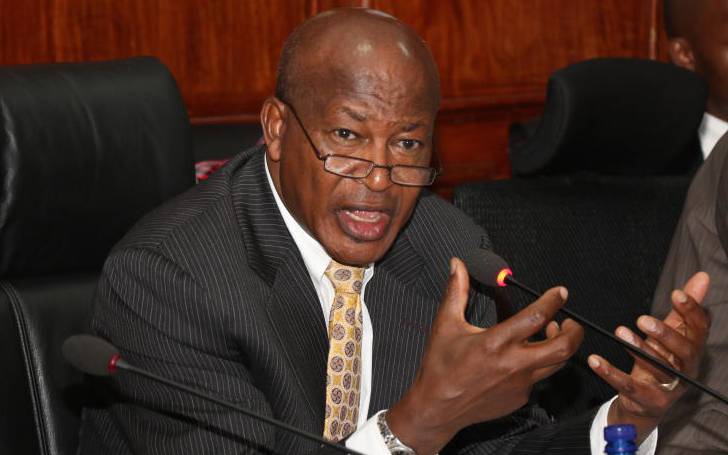×
The Standard e-Paper
Stay Informed, Even Offline

Attorney-General Kihara Kariuki (pictured) has disowned the Sh63 billion Managed Equipment Services (MES) scheme’s contracts, saying his office was not involved in their negotiation and drafting as required by law.